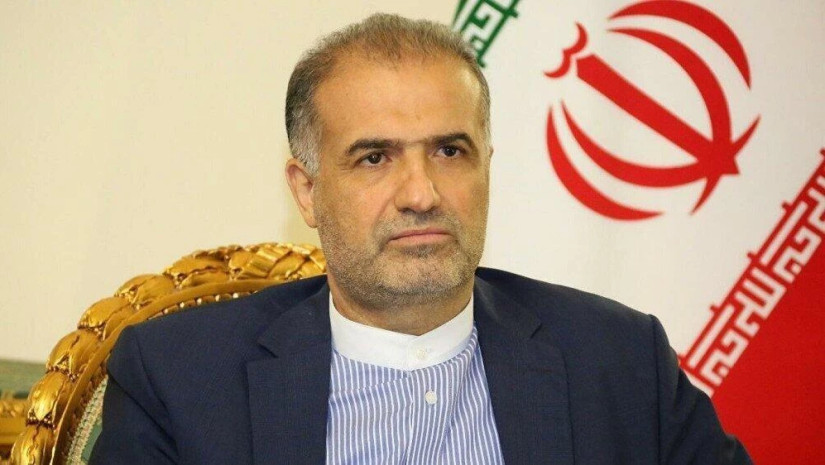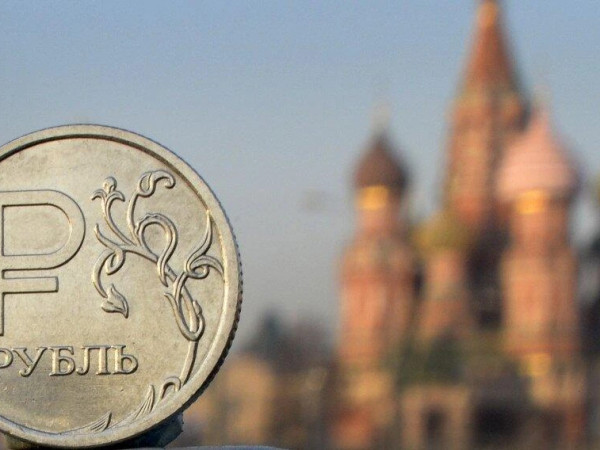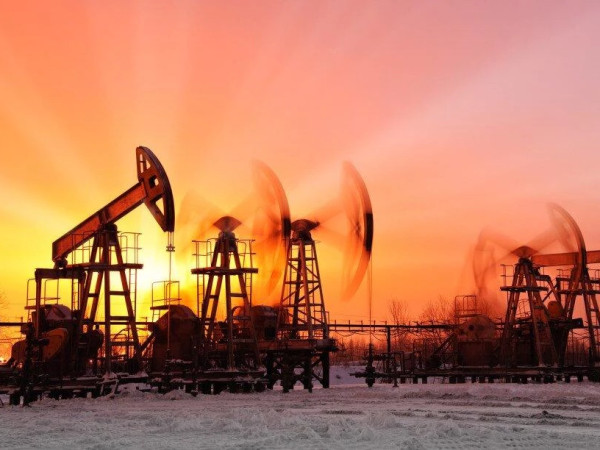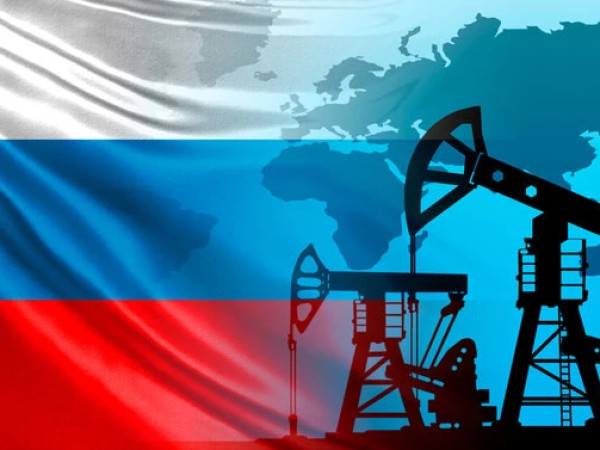Russia and Iran are actively developing bilateral cooperation and major events are expected to take place in their relations, Iranian Ambassador to Russia Kazem Jalali said.
"Since the beginning of 2022, the two countries have been extensively exchanging political and economic delegations. Over this period, the two countries’ presidents have had numerous contacts, both personal and over the phone and they will have a meeting and talks in the near future," Jalali said in an interview with TASS. "It demonstrates the closeness of the comprehensive relations between our countries. In the future, we will witness major events in bilateral ties."
According to the Iranian diplomat, Moscow and Tehran are actively cooperating within multilateral formats. "As for multilateral formats, Iran and Russia are seriously cooperating with each other too. Iran’s membership in the Shanghai Cooperation Organization (SCO) and its talks with the Eurasian Economic Union (EAEU) toward the signing of permanent agreements on free trade, as well as the Iranian president’s participation in the BRICS summit, show that the countries have close positions and a lot of areas for cooperation," he said.
Iran welcomes Russian investors in oil industry
"The Ministry of Petroleum of the Islamic Republic of Iran plans to invest $145 billion over the next 4-8 years in the development of oil production and refining. Therefore, we welcome foreign investors, especially from friendly countries such as Russia, to implement relevant projects. Apart from the development of oil and gas deposits in Iran, the petrochemical industry, being the leading industry, is also ready to attract investments and implement joint projects with Russian companies," the ambassador said.
Earlier, the Co-chairman of the intergovernmental commission of Russia and Iran, Deputy Prime Minister Alexander Novak said that the two countries are in talks on attracting investments in the implementation of oil and gas projects, as well as swap supplies of oil and gas.
Iran may increase imports of grain, oil from Russia
"Negotiations have been held at the level of the heads of the two states, and if certain conditions are met, it will be possible to increase the import of grain, animal feed and oil from Russia to Iran," he said.
The diplomat also noted that Russia is now the main supplier of grain and animal feed to Iran.
"In the past, Iran received a significant part of the grain it needed from South American countries and other countries, and Russia was considered a secondary source. From 2021, we have changed this process and Russia has become Iran’s main source of grain and animal feed supplies. Last year Iran imported more than 8 million tonnes of grain and animal feed from Russia," he said.
Jalali also noted that Iran has not experienced a food shortage so far, because the republic has stable strategic reserves, and the process of food imports is constantly maintained.
"Iran annually produces more than 130 million tonnes of various agricultural products and about 10 million tonnes of them are exported abroad. Most of the agricultural products exported from Iran are fruits, herbs, legumes, rice and grain. Iran produces a significant part of it needs domestic needs such as rice, grains and legumes," Jalali added.
Iran takes steps to complete missing section of North-South corridor
Iran is taking steps to complete the railway construction project on the Rasht-Astara section, as the missing section of the North-South railway corridor, as well as to electrify the Garmsar-Inche Burun railway section, the Iranian ambassador said.
"Given the variety of Western, Eastern and maritime transport routes available on this corridor, fortunately, part of the route is currently operated in a combined form, while efforts are being made to alleviate and eliminate logistical obstacles in the course of combined shipments. We are taking measures to complete the project construction of a railway on the Rasht-Astara section, as the missing section on the North-South railway corridor, and electrification of the Garmsar-Inche Burun railway section," the diplomat said.
Iran, India and Russia signed an intergovernmental agreement on the creation of a multi-mode North-South transport corridor in 2000. Later, the number of participants expanded to 14. The goal of the project is to attract the transit of cargo flows from India, Iran and the Persian Gulf countries through the Russian territory to Europe (in comparison with the sea route through the Suez Canal, the distance is more than halved, which reduces the time and cost of transportation). For the moment, the project combines several various transport systems of individual states. India has invested about $2.1 billion in the project. Part of it was invested in the construction of transport infrastructure in Iran, Mehr reports.















